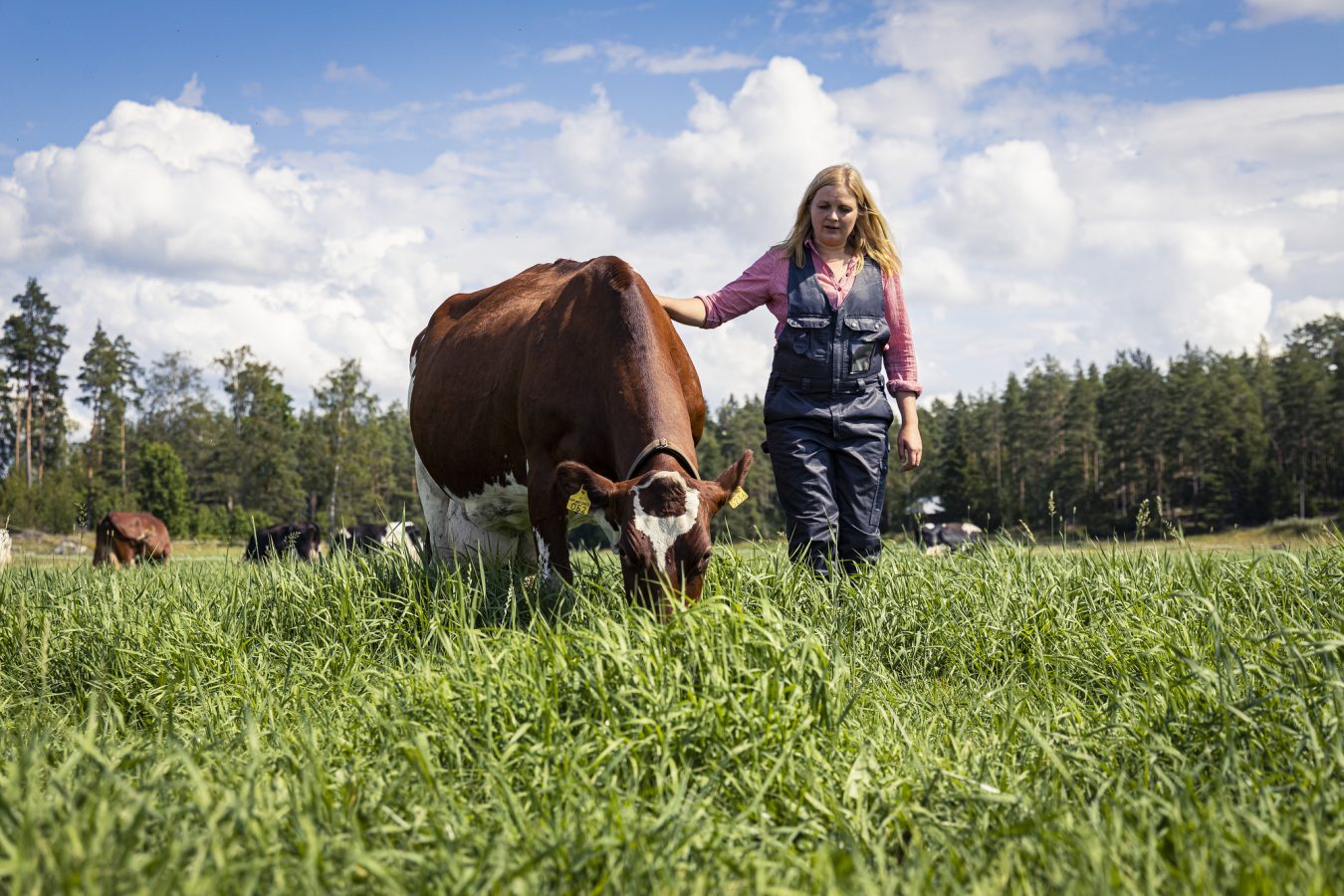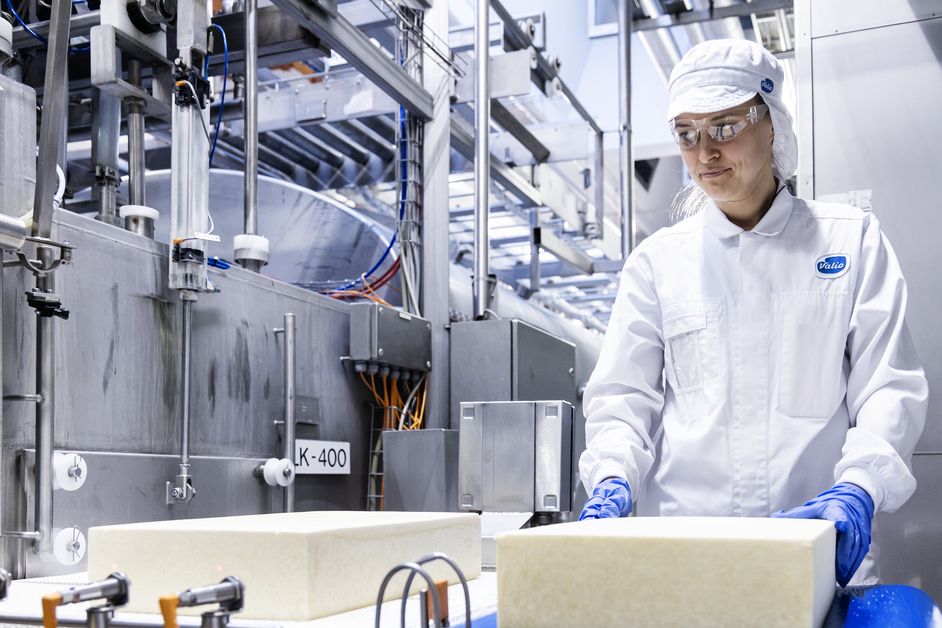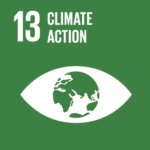How to cut the carbon footprint of milk down to zero?

Case - Published 17.8.2020
Valio’s goal is to cut the carbon footprint of milk to zero by 2035. Carbon-neutral milk means that at least the same amount of emissions is reduced and removed from the atmosphere as is generated on the dairy farm, in transportation, at the plant, in the manufacturing of packaging, and elsewhere along milk’s journey. Valio’s work focuses on reducing reduce emissions, not offsetting them.
Lately there has been active discussions about the climate impact of food production and diet. Milk’s most significant greenhouse emissions are methane, generated in the cow’s rumen and in manure storage (45−50%), nitrous oxide formed in the fields during feed production (25−35%), and carbon dioxide formed in various stages of the chain in energy production (15−20%).
The three most important routes towards the goal
Valio moves towards its 2035 goal along following three routes:
- By binding more carbon dioxide into grass fields than currently. In the Valio headed CARBO® project Valio is working with high-end research groups and other grass chain experts. Participants include for instance the Finnish Meteorological Institute and the Natural Resources Institute Luke. Together with the Baltic Sea Action Group, in spring 2019 Valio started training dairy farm entrepreneurs to become carbon farmers. By early 2020, 250 farms, i.e. about 5 percent of all farms, had participated in the training.
- By using manure to produce biogas, which is a replacement for fossil fuels in transportation. There are currently around 20 biogas plants in Valio’s dairy farms. In addition to these, larger and centralized biogas plants are also needed.
- By reducing emissions from peatlands drained from wetlands. The biggest challenge in cutting milk’s carbon footprint to zero is related to peatlands created from drained wetlands or peatland forests. These account for about 10 percent of Finland’s arable land, but they produce about half of agricultural environmental emissions. Emissions must be reduced significantly in order for us to achieve our carbon-neutral milk target. Drainage, tillage, liming, and fertilising, accelerates peat’s disintegration. The disintegration of the peat releases carbon dioxide to the atmosphere. In the upcoming summers, peatland greenhouse gases will be measured and climate-smart farming methods will be tested on dairy farms.
Towards the end of the chain, the climate impacts are reduced through energy-efficiency improvements at plants, optimised transport routes, eco-friendly packaging, and reduced waste in production, at the store and in the consumer’s home. At least 90 percent of the material for the new packaging of artisan cheeses is recycled plastic. All house-shaped, i.e. gabled, milk, sour milk, cream and yoghurt cartons are 100% plant-based.
In 2020, Valio will set Science Based Targets for its climate work; the targets will be based on the Paris climate agreement.
Dairy farmers are part of the climate solution
Valio’s milk production in Finland differs from that of most other countries in that cows eat no soy at all as a source of protein; instead their diet consists primarily of grass. Grass feeding is also a climate choice because perennial grasses sequester carbon more effectively than annual plant. Perennial grasses also do well further north where there are no decent harvest of food crops.
Carbon farming refers to cultivation activities that increase the carbon storage in the soil. Healthy soil retains nutrients for plants to use, thereby reducing nutrient runoff into water.
Biogas-fuelled car saves money and the environment
Since the beginning of February 2019, Valio Luomu™ milk transports to the dairy have been powered by liquid biogas, or LBG. The use of biogas can reduce as much as 85% of the greenhouse gases generated during the fuel’s life cycle compared to diesel (Source: Gasum). At the same time, it also saves euros. The truck collects a little under 10 percent of all Valio Luomu™ milk in southern Finland. In 2020, the cooperatives will have three new biogas-powered milk trucks.
For more information about Valio’s climate work, please contact the Development Manager of the Carbon Neutral Milk Chain Team Virpi Kling.
Phone 050 3841 072, email virpi.kling(a)valio.fi
This article is written by Helena Karhujoki, Communications Manager of Valio.
Lue tämä artikkeli suomeksi. / Läs den här artikeln på svenska.
Agenda2030
Valio’s climate work is particularly linked to the UN Sustainable Development Goal 13. It is an action against climate change and its effects. In addition to reducing emissions, it is a question of reducing climate risks: for example, carbon farming measures in the field will help farmers to produce food even in dry and rainy years. In the research projects Valio and its partners are looking for new information on slowing down, adapting and mitigating impacts on climate change. This information can be used not only by farmers but also by policy makers for instance.


